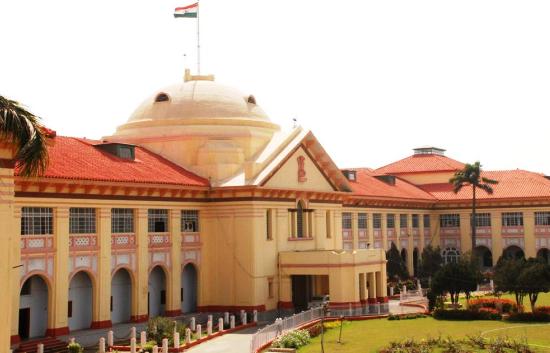LI Network
The Patna High Court recently made a significant ruling in a case involving the dismissal of a Senior Jail Superintendent from service due to alleged financial irregularities. The court, while allowing a letters patent appeal, observed that the department couldn’t absolve itself of the responsibility to present evidence during an inquiry, despite the delinquent employee’s failure to respond to the charges against him.
A bench comprising Chief Justice K. Vinod Chandran and Justice Rajiv Roy critically analyzed the disciplinary proceedings and found them flawed beyond repair. The court set aside both the inquiry and the imposed punishment, directing the appellant’s restoration to his position as of the date of his suspension. The court also decreed that the appellant should receive back wages during the suspension until retirement and pension thereafter.
The court emphasized the absence of substantial evidence in the inquiry, noting that no findings of guilt could reasonably be held based solely on a Vigilance Report. It pointed out that initiating a disciplinary inquiry without adequate proof could not justify findings of guilt or the imposition of penalties.
Advocate Jagnnath Singh represented the appellant, while AAG P.K. Verma appeared for the respondent during the case proceedings.
The division bench underscored the importance of conducting an inquiry that strictly adheres to the principles of natural justice, allowing the delinquent employee the opportunity to defend the charges against them. Additionally, the court highlighted that courts intervene rarely in such matters, emphasizing that inquiries become subject to judicial review only when there’s a reliance on extraneous matters or a lack of evidence establishing the delinquent employee’s complicity.
Furthermore, the court opined that a criminal case and a disciplinary proceeding arising from the same incident could proceed simultaneously, as guided by the Supreme Court, unless the facts are so intertwined that the Disciplinary Authority cannot wait for the criminal proceeding’s outcome. In this instance, the department imposed dismissal as a penalty even before the criminal case concluded, a decision the court found unjustifiable.
The court also clarified that the department’s failure to provide evidence during the inquiry doesn’t absolve them from their duty. While holding that the inquiry must adhere to the principles of natural justice, the court emphasized that if a delinquent employee fails to cooperate, findings can still be based on the evidence presented.
The judgment concluded that due to the appellant’s superannuation, there would be no new inquiry.
The case, titled Devendra Prasad v. The State of Bihar, reflects the High Court’s firm stance on fair inquiry practices, emphasizing the need for substantial evidence before concluding guilt in disciplinary proceedings.

